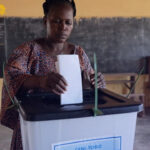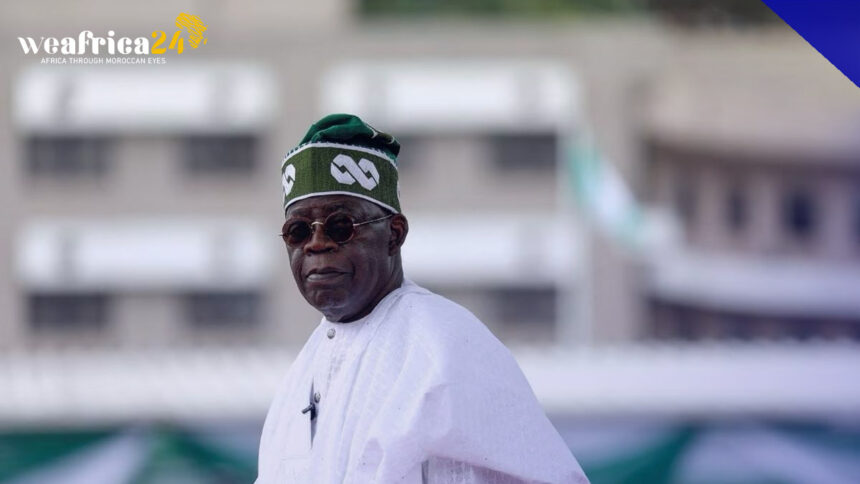According to the World Bank’s recent report on Nigeria, the country stands to achieve substantial financial savings of approximately 3.9 trillion nairas (equivalent to $5.10 billion) within the current fiscal year. These savings can be attributed to the successful implementation of comprehensive reforms in Nigeria’s foreign exchange market, coupled with the prudent decision to eliminate the petrol subsidy. The World Bank’s findings underscore the positive impact of these measures on the country’s economic outlook, positioning Nigeria for enhanced financial stability and sustainable growth.
Since assuming office last month, President Bola Tinubu of Nigeria has embarked upon a series of sweeping reforms, representing the most significant transformation the country has witnessed in decades. These reforms have been strategically designed to address pressing challenges, such as the nation’s formidable debt burden. One notable measure implemented by President Tinubu was the decisive elimination of the widely popular yet financially burdensome petrol subsidy. This bold step signifies the government’s commitment to prioritize fiscal responsibility and seek sustainable solutions for the nation’s economic well-being.
In light of President Bola Tinubu’s concerns regarding the currency regime’s detrimental impact on Nigeria’s economy, the central bank has initiated a crucial measure by unifying the country’s exchange rates.
During a presentation in the capital city of Abuja, Alex Sienaert, the World Bank’s lead economist for Nigeria, emphasized that the substantial savings generated by the implemented reforms should not be viewed as a mere fiscal windfall. Instead, these savings serve as a catalyst, propelling Africa’s most populous nation onto an upward trajectory. Sienaert’s statement underscores the transformative nature of these reforms, positioning Nigeria to embrace a path of progress and prosperity.
Siernaet highlighted the importance of further enhancing foreign exchange reforms by advocating for the removal of forex restrictions on a specific list of 43 items, which includes commodities such as sugar and flour. Currently, the central bank restricts the funding of these items through official dollar sales. Siernaet’s recommendation aims to encourage a more open and flexible foreign exchange market, allowing for increased trade and economic growth. By removing these restrictions, Nigeria can create an environment that fosters investment, improves market efficiency, and expands its economic potential.
According to the World Bank, Nigeria, despite experiencing sporadic growth over the past two decades, faces significant challenges as it currently harbors the second-largest population of impoverished individuals globally. Moreover, the country ranks among the least developed nations on a global scale. These sobering facts highlight the urgent need for concerted efforts to address poverty and foster sustainable development in Nigeria. Recognizing the gravity of the situation, it becomes imperative to implement comprehensive strategies and policies aimed at uplifting the living standards of the Nigerian population and propelling the nation towards socio-economic progress.







